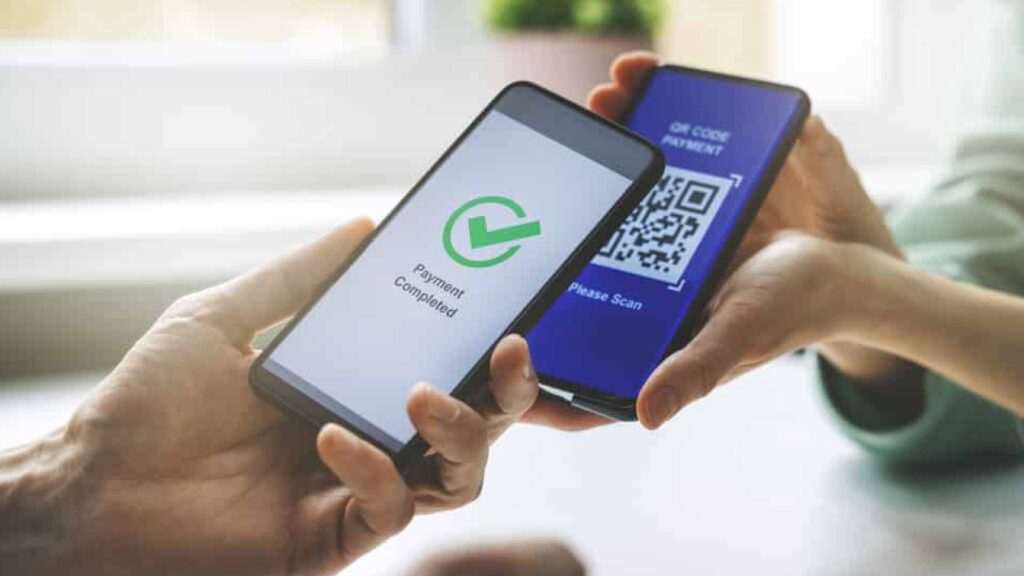1. The Birth of a Financial Revolution
When mobile money services like M-Pesa were first introduced in East Africa, few could have predicted the scale of transformation that would follow. What began as a simple tool for sending small amounts of money through SMS has grown into a fully-fledged financial ecosystem. In countries such as Tanzania, Kenya, and Uganda, mobile money is no longer just an alternative—it is the primary way millions of people manage their finances daily.
2. Inclusion for the Unbanked
One of the most significant impacts of mobile money has been financial inclusion. For decades, traditional banking systems excluded rural populations and low-income earners due to strict requirements and limited infrastructure. Mobile money broke this barrier by giving anyone with a phone access to financial services. Today, a farmer in a remote village can save, borrow, and pay bills without ever setting foot in a bank branch.
3. Empowering Small Businesses and Entrepreneurs
Small businesses are the backbone of African economies, and mobile money has empowered them like never before. From street vendors to boda-boda riders, entrepreneurs can now receive instant payments, manage cash flow, and access microloans. This digital trail of transactions has also opened opportunities for credit scoring, allowing individuals and businesses to qualify for loans they would otherwise be denied.
4. Beyond Money Transfers – A Digital Ecosystem
Mobile money has expanded far beyond simple transfers. Today, platforms integrate with utility payments, school fees, e-commerce, and even international remittances. Services like mobile savings, insurance, and investment platforms are also growing rapidly. In effect, the phone has become a pocket-sized bank, reshaping not only how people spend but how they plan for their financial futures.
5. The Road Ahead – Challenges and Opportunities
While the progress is undeniable, challenges remain. High transaction fees, fraud risks, and digital illiteracy can hinder widespread adoption. Regulatory frameworks also vary between countries, creating barriers for cross-border services. However, as technology advances and partnerships between fintechs, telecoms, and governments strengthen, mobile money will continue to be a driving force in Africa’s economic transformation.






